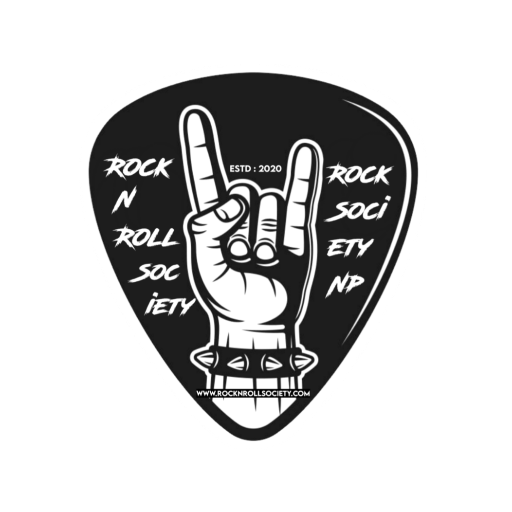
Although millions have adored Elvis Presley since the mid-1950s, the musician was also able to balance that out by amassing his fair share of critics.
Presley secured his first commercial breakthrough in 1956 when he released ‘Heartbreak Hotel’ on RCA Victor. The musician had recieved moderate success with ‘That’s All Right’ in 1954, and radio DJ Dewey Philips claimed that he received over 40 calls when he played the track on air, asking who the mysterious singer was. However, it would be ‘Heartbreak Hotel’ that earned Presley the number one spot on the Billboard top 100 and number two on the UK Singles Chart. His next three singles also hit the top spot on the Billboard top 100: ‘I Want You, I Need You, I Love You’, ‘Don’t Be Cruel’, and ‘Hound Dog’. Presley quickly rose to international stardom, earning the title of the ‘King of Rock and Roll’.
African-American music heavily inspired Presley’s sound, which led him to be considered a threat to white American youths. His swinging hips were deemed too sexual for conservative audiences, and even the Catholic Church penned a piece called ‘Beware Elvis Presley’. The musician’s performance of ‘Hound Dog’ on The Milton Berle Show was criticised so heavily that reports claimed an “appalling lack of musicality” as well as “vulgarity” and “animalism”. Despite the backlash, Presley defended his moves: “I don’t roll my — what they call ‘pelvic gyrations’ — my pelvis has nothing to do with what I do,” he said. “I just — I get rhythm with the music. I jump around to it because I enjoy what I’m doing.” However, the pressure was mounting, and a Florida judge even threatened to arrest the singer for his moves. According to Presley’s ex-girlfriend, June Juanico: “The judge] felt Elvis’s bumps and grinds were objectionable for the teenage audience, and he ordered Elvis to tone down his act.”
The ‘Love Me Tender’ singer was also threatened numerous times over his career with kidnapping and death threats. Biographer Chris Hutchins stated that, on one occasion, “An anonymous phone caller had warned of a plot to kidnap him. The FBI had barely had time to react before a second call was made. […] Soon afterwards, a third warning came, this time claiming Elvis would be shot on stage.”
It became clear that Presley had a lot of haters alongside his fans. However, this led his manager, Colonel Tom Parker, to find a clever way to make a profit off them. Unsure of how long Presley’s fame would last, Parker decided to squeeze as much money out of him as possible. The manager signed a deal with film merchandiser Hank Saperstein for $40,000, which would turn Presley into a brand name.By the end of 1956, Presley’s merchandise, which ranged from jewellery to record players, brought in over $22 million. Parker received a 25% cut, but that wasn’t enough for him – he had to think bigger.
He decided on pin badges that had anti-Elvis sentiments written on them. The badges contained statements such as “I hate Elvis” and “Elvis is a jerk”. Parker’s bold plan worked, and when the King was forced to take a two-year break from music to serve in the army, profits remained high due to his manager’s creative marketing efforts.







